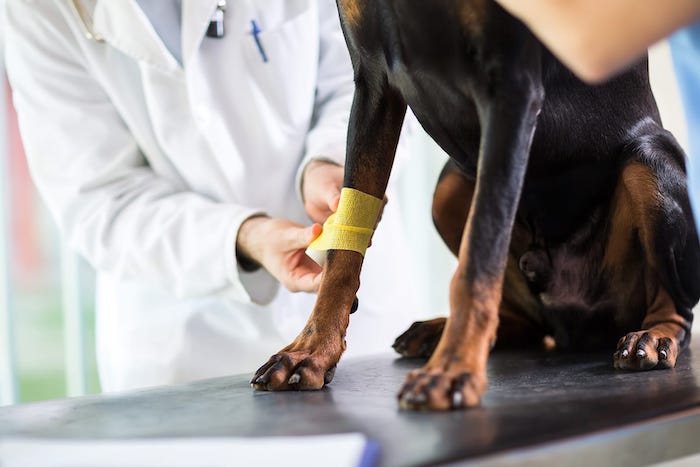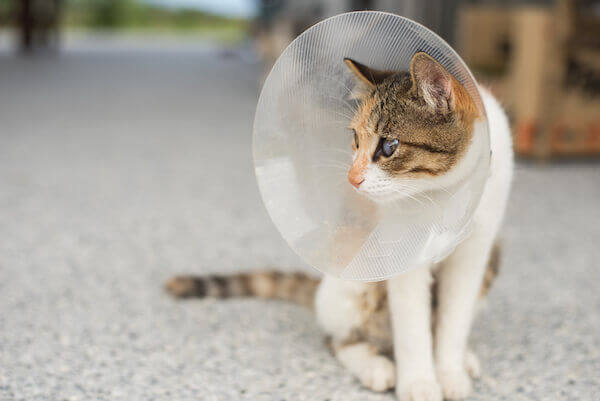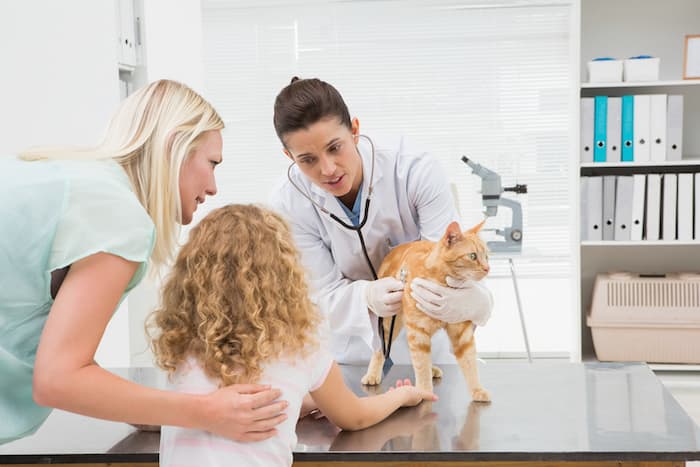Carefully Consider The Possibilities to Save the Most Money on Veterinary Care
In 2022, almost 45 percent of American pet owners say they took out a pet health insurance policy to protect their furry friends, covering a total of almost 4.5 million pets.
Pet health insurance comes with a variety of coverage options, depending on the company and the monthly premium you’re willing to pay. But what does pet insurance cover? Keep reading to find out what conditions you can expect insurance providers to assist with and those you should prepare to pay for out of pocket.
Preventative Care
Annual check-ups, vaccinations, and even flea-and-tick prevention fall under the scope of preventative care. This is the veterinary care your pet receives each year, to simply check in on their health.
Some pet health insurance policies cover preventative care, while others do not. Generally, policies that cover preventative veterinary care come with a more expensive monthly premium than those that do not.
Surgeries
Emergency or planned surgeries are generally covered under pet health insurance. Perhaps your dog swallowed something he shouldn’t have, or your cat sustained an injury while overzealously playing with a housemate. Your pet’s policy will likely cover the necessary surgery, not counting your deductible and out-of-pocket portion of the cost.
Emergency Care
If your pet unexpectedly falls ill and needs emergency care, you can save on veterinary costs when you have a pet health insurance policy.
Because emergency vet visits tend to cost more than a regular appointment with your family’s vet, having a pet health insurance policy is important, particularly if you aren’t prepared to pay the full cost of the visit – and you had no time to save up to prepare for it.
Chronic Illnesses
A pet whose organs begin to fail, or perhaps an older dog with arthritis, can receive the long-term care they need because many chronic illnesses are covered under a dog or cat insurance plan.
The cost of managing chronic illnesses can add up over time. Let’s say your dog requires four vet visits per year to help manage his diabetes, for example. If, for each vet visit, you must pay $500 without insurance, you could be paying less. Simply subtract the amount out-of-pocket you must pay based on the plan you buy to calculate your savings. (Look for “reimbursement percentages” and “deductibles” on the plan description for details.)
One-Time Illnesses
Pets catch colds and stomach bugs just like people do, and because we want to provide the best possible care for our pets, we take them to see their veterinarian.
These one-time illnesses can be covered under pet health insurance, cutting your vet bill down by as much as 90 percent in some cases. Imagine only needing to pay $100 on what was originally a $1,000 vet bill! What would you do with that extra money?
Genetic Disease and Issues
It can be more difficult to find pet health insurance policies that cover genetic diseases. However, these types of policies do exist.
Genetic disease or issues include difficulty breathing in brachycephalic dog breeds, like pugs, or the variety of autoimmune diseases that poodles can inherit from their parents. Genetic diseases could be part of your pet’s DNA, so if you aren’t sure if they carry the genes for common disorders, it’s worth finding a pet health insurance policy that will cover them.
Pre-Existing Conditions
Many pet health insurance plans do not begin providing benefits until 14 days after you’ve purchased it. This is, in part, because pre-existing conditions – those your cat or dog had before you purchased a policy – are sometimes not covered.
However, like genetic disease and preventative care, it is possible to find policies that cover them. It’ll take more research on your part to find the right one.
Medications
Medicines that treat your pet’s illnesses and are purchased from your vet or a local pharmacy are generally not covered by a pet health insurance plan. However, you may be able to purchase a policy that offers a special discount for prescriptions.
You Can’t Put a Price on Your Pet’s Health
The bottom line is this: you love your furry friend, and they love you back. You’d do anything for them, including buying them a pet health insurance policy to help reduce your out-of-pocket costs any time you visit the family veterinarian.
When you’re looking for a pet health policy perfect for Fido or Fluffy, be sure to consider all the coverage possibilities before you sign up. This will help to ensure you get the plan that works best for your pet’s health and your lifestyle.
Related Reading




